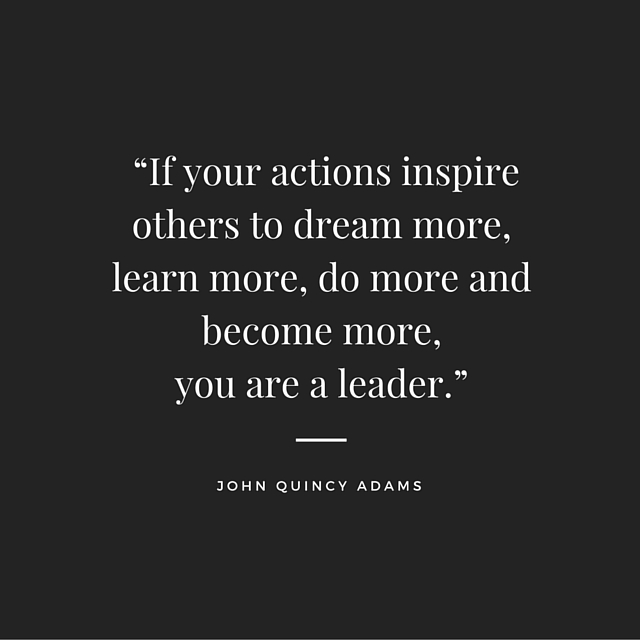
Seth Godin shares a nice little story about a bookshop that focuses selling only children’s books, and is surprised when he asks for a popular book and the clerk has never heard of it. Godin shares his thoughts on whether the clerk sees this as simply a job, or do we look for people that see their work as their passion?
It’s possible that he thinks his job is to be a clerk, to keep people from stealing things, to type letters into a computer and to read the results out loud as he stands at the cash register.
If that’s the case, this store, like all stores staffed by clerks who are taught to be merely clerks, is doomed.
On the other hand, it’s possible that his job is to take it personally, to be interested, to notice, to care, to add more value than a website can.
Who gets hired, how are they trained, where is the magic?
What happens when the boss cares enough to only hire, train and work with people who take it personally?
This story has a lot of connection to schools, and makes me think about the notion of “engagement versus empowerment”.
Let’s start off by looking at administration.
There is a great story I heard when I first did Covey leadership training years ago about a school that had struggled for years and just hired a new principal. She looked around the school and noticed that it was not taken care of, so she had focused on simply making the place look a lot better so that people would take pride in where they worked. Inspecting the place, she had looked into the boy’s bathroom and noticed that the floors were not very clean at all, and the custodian had remarked that it was from years of urine being soaked into the floor and that it couldn’t be cleaned up. So what did she do? She gets cleaning materials and gets on the floor and scrubs the whole thing by hand, until it is sparkling like new. This story spread across the school and it showed leadership by example, and that she was willing to do the hard work and took ownership not only of the school, but what it was going to take to change the culture. I am reminded of this little story every time I am in school with teachers and I notice there is garbage on the ground either inside or outside. The educators that are very proud of their school that pick up the garbage themselves show that this is more than just a job, but a place that they take pride in and part of who they are.
Leaders don’t only model this, but they create a culture where their staff see themselves as part of a larger picture. When I used to hire teachers, I would look at hiring staff that saw themselves as “school teachers” as opposed to “classroom teachers”. and one of the questions that I would ask is, “In what areas do you see yourself leading in the school community with other staff?” Before people were hired, I wanted to show that their contributions were needed to make the school great beyond the classroom. This is not just simply listening to their voice, but creating situations where people saw that their contributions were crucial to the success of the school as a whole. If the principal would pick up the garbage in the school, would any teacher? Is this where they work, or is this their school? A lot of times people are hired that want to be more than a “clerk”, but leadership doesn’t provide the opportunities that encourage people to go above and beyond the job description.
Now let’s look at students. Here is a question I ask educators all of the time. How many times do you see the keys popped off a keyboard on a device that kid either owns or takes home every night? This is such a little thing, but it shows the difference between giving a device to learn, as opposed to giving ownership of the device. It is the same thing about when I shared how if we spend the majority of our time before school designing a room based on a theme that we like, before we even meet our students, it says that this is more about us than it is them. We can say “our classroom” as much as we like, but if you have a Harry Potter theme and there are students who have no interest in the book (and might not ever no matter how much you like it), it is yours, not “ours”.
If we want people to feel empowered, then releasing control and giving ownership is the only way this can truly happen. If our culture says, “you can easily be replaced”, then why would someone go beyond the description of their role? Finding and tapping into the genius of others, and giving them the space and freedom to be a major contributor to the environment is necessary if we want others to go above and beyond what is expected.